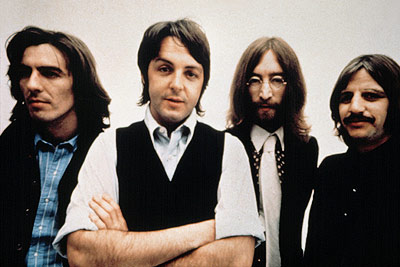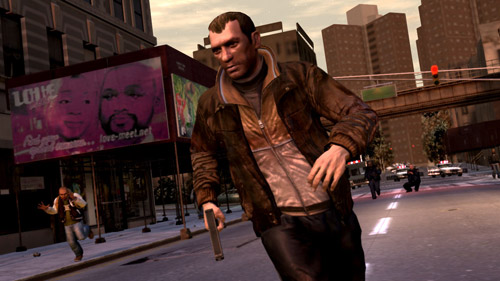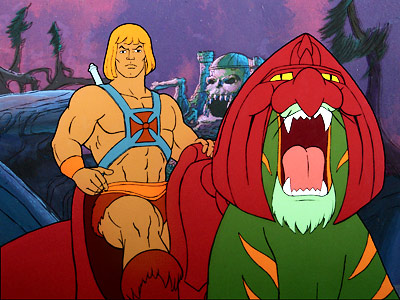Date: April 20, 2011
City: Toronto, ON
Venue: Queen Elizabeth Theatre
Rating: 4.5/5
It’s highly surreal when one comes face-to-face with their past. I had one such encounter late Wednesday night. As a child of the 90s, I have always held tight to the belief that the music existent during your teenage years will always remain an important aspect of your life. As you transition into adulthood, the music of the era becomes your own personal soundtrack. It comes to define you. As it stands, nothing connects to a moment quite like music.
As a solo Chris Cornell walked out onto stage to wild and feverish applause, I became instantly struck with the realization that I was remaining perfectly silent. In no way was this meant as a form of disrespect, but rather it was a sign that my thoughts were overcoming me. One of the voices that helped to define my youth was now standing just 50 feet away. From here on out, I knew this night was going to be special.
Stricken with a fever that caused him to cancel his previous concert the night before, Cornell courageously battled his body to present the sold out crowd with a (mostly) acoustic show that encompassed his entire career as a musician.
Playing 25 songs over the course of two hours, Cornell, whose live vocals truly astounded me, passionately belted out songs with emphatic intensity. Though not as personally intimate as I initially expected (his sickness might have had something to do with it), it was still exhilarating to watch as he incorporated some rarely performed tracks like “Seasons” and “Like Suicide” into his setlist.
For the rest of the show, Cornell transitioned from his days in Audioslave (“Be Yourself”, “I Am the Highway”“Like a Stone”), Soundgarden (“Black Hole Sun”, “Fell on Black Days”, “Mind Riot”), Temple of the Dog (“Call Me a Dog”, “Hunger Strike”, Say Hello 2 Heaven”), and his solo career. He also took time to cover Bruce Springsteen’s “State Trooper”, Pink Floyd’s “Comfortably Numb” (he briefly transitioned into this song during his cover of Mother Love Bone’s “Man of Golden Words”), and then poignantly ended the night with his beautiful rendition of John Lennon’s “Imagine”.
To say that he is musically diverse would be a grave understatement.
But musical creativity aside, the one aspect that truly stood out Wednesday night was his commanding presence as a performer. Simply sitting on a stool with a guitar in hand, Cornell hypnotically connected with his audience through sheer emotional fortitude. Captivated by every vocal note and guitar chord, the audience revelled with tranquil delight as Cornell mesmerized them song after song.
Though, the crowd would instantaneously be transformed into passionately rejoicing cheerleaders whenever Cornell would highlight key moments of his musical past. In fact, each time he would hit one of his trademark high notes, the crowd would whoop and exclaim with exaggerated jubilation (except for the gentleman sitting next to me who could barely keep his eyes open as a result of his intense preoccupation with 4/20).
At the commencement of the show, one of these moments of exuberant appreciation caused Cornell to express, “I can’t live up to this applause, so I may as well leave now”. How wrong he was.









